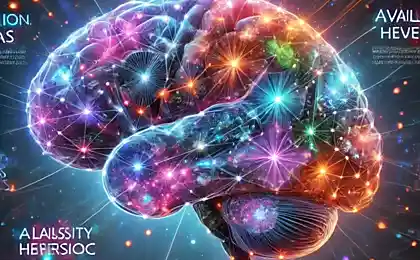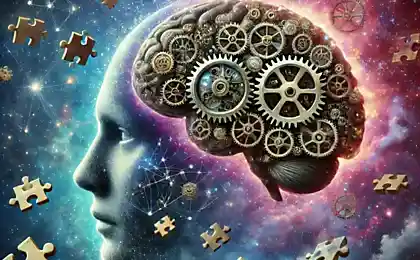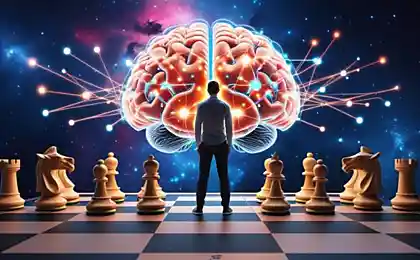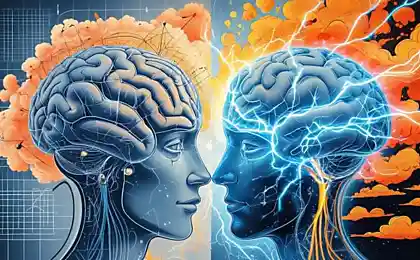220
Why Smart People Believe in a Flat Earth Psychology of Conspiracy

In 2017, rapper B.o.B. launched a drone into the sky to prove the Earth was flat. In 2022, a professor of quantum physics from Milan published an 80-page “flat-earther manifesto.” How do people with technical backgrounds reject the laws of gravity? The answer lies in the complex dance of neurons and social connections.
The Paradox of Intelligence: When Knowledge Increases Delusions
A study by the University of Cambridge (2020) found that 38% of flat-earth advocates had a college degree. Neuropsychologist David Rand explains this as “cognitive dissonance hypercompensation”:
- The brain of an educated person creates complex rationalizations
- Critical thinking is about protecting faith, not testing it.
- The more absurd the idea, the more sophisticated the “evidence”

Neurochemistry of Faith: Dopamine Traps
Scanning of the fMRI-apparatus revealed that when defending conspiracy ideas, the same areas of the brain are activated as when solving complex problems. Leonid Perilov, a professor at the University of Chicago, said: “The search for ‘hidden truths’ offers a neurochemical reward comparable to a scientific discovery.”
Social Antibodies: Why Flat Earth Communities Are Growing
An analysis of 500+ online communities (Nature, 2023) found:
- Sectarian effect: The smaller the group, the stronger the cohesion
- Ritualization: Weekly 'experiments' replace religious practices
- Language code: Special slang (“NASA-bot”, “gravitational heresy”)
Cases: When scientists deny science
Case 1: Rocket Engineer and the “Globe Conspiracy”
Mike Hughes (1956-2020) built a homemade rocket to "see the plane of the Earth." Neuropsychologists at UCLA studied his diaries: "Perfectionism in the work was combined with the Manichean vision of the world - the struggle of "true scientists" against the "system."
Case 2: Teacher of the Year and Her Educational Mission
Sheila Strickland, a physics teacher with 20 years of experience, created a course called "Flat Earth Proof." Her students scored 30% worse on critical thinking tests (Stanford study, 2021).

How do you resist? Strategies from the arsenal of neuroscience
The MIT Media Lab experiment offered an unexpected solution:
- Identity substitution: Reframe the question: "How would you explain the sphericality of the Earth to a child?"
- Emotional reconnection: Link to personal values (“You value honesty – let’s check both scenarios”)
- Cognitive overload: Offer a detailed analysis of your own theory (the brain is tired of contradictions)
The Epidemic of Meaning: A Philosophical Context
Anthropology professor Theodor Schatz sees the root of the problem in the “metanarrative crisis”: “When big stories (religion, progress) lose their power, personalized myths take their place.” Flat Earth is a rebellion against an algorithmic world.
The flat earth phenomenon is not just a curiosity. It is a diagnostic tool that reveals the crisis of modern knowledge. As Nobel laureate Daniel Kahneman put it, “The mind is a survival machine, not a search for truth.” But that is what makes defeating delusions possible.” Perhaps the key is to rethink not what we believe, but how we believe.
Colors that are not: forbidden pigments in the history of art
What does history smell like: recreated scents of ancient eras























